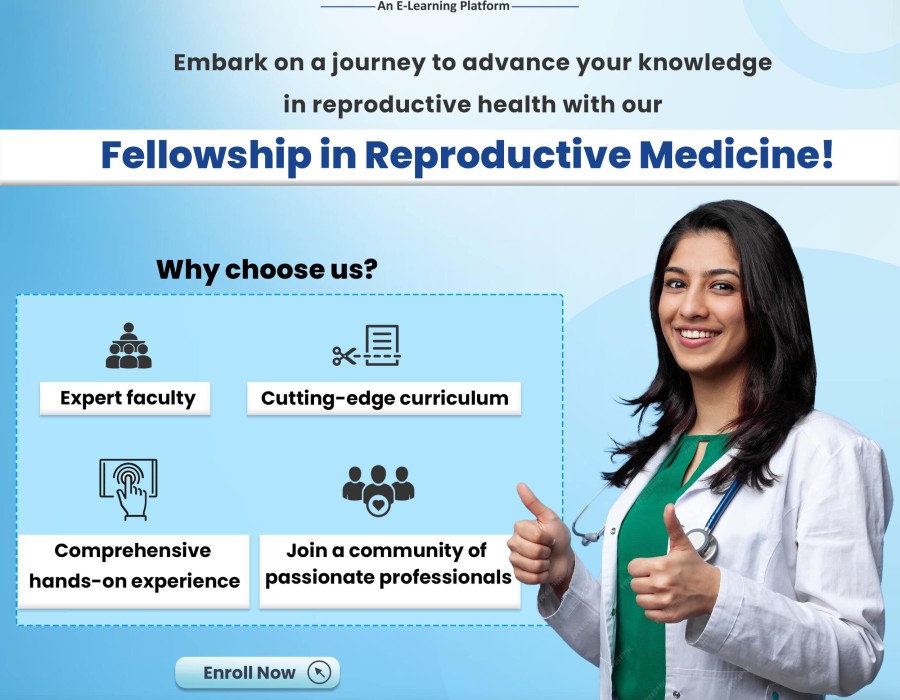In the ever-evolving landscape of reproductive health, advancements in medical science have paved the way for empowering choices and greater control over one's fertility journey. Among the revolutionary breakthroughs, egg freezing stands out as a transformative option, offering individuals the opportunity to extend their reproductive timelines and make informed decisions about family planning.
What is egg Freezing?
Egg freezing, scientifically known as oocyte cryopreservation, involves the extraction, freezing, and storage of a woman's eggs for future use. This process allows individuals to preserve their fertility potential at a specific point in time, providing a safety net for those who may face challenges in conceiving later in life.
The genesis of this groundbreaking technology dates back to 1986 when the first human birth resulting from a frozen oocyte was reported. Since then, oocyte cryopreservation has undergone remarkable advancements, with significant improvements in the overall success rates of eggs surviving the intricate freezing process. What was once considered an experimental procedure has now evolved into a well-established and widely accepted practice, as endorsed by the American Society for Reproductive Medicine.
Why is it needed?
The techniques employed in oocyte cryopreservation have evolved exponentially over recent years, contributing to a substantial increase in the survival, fertilization, and subsequent live birth rates of frozen eggs. We'll delve into the scientific intricacies of these advancements, exploring the methods and technologies that have propelled the field forward. From the refinement of cryoprotectants to the optimization of thawing protocols, our exploration will highlight the factors that have collectively elevated the efficacy of this transformative fertility preservation technique.
Gone are the days when reproductive autonomy faced limitations. Oocyte cryopreservation, now firmly established as a mainstream practice, offers women an unprecedented degree of control over their reproductive timelines. The ability to freeze and store eggs opens doors for diverse life scenarios, be it pursuing career goals, navigating medical treatments, or simply exercising the right to choose the optimal time for motherhood. We'll explore real-life stories and testimonials that illustrate the diverse motivations propelling women to embrace this empowering procedure.
The recognition of oocyte cryopreservation as a non-experimental procedure by the American Society for Reproductive Medicine marks a significant milestone in the field of reproductive health. This acknowledgment reflects not only the established safety and efficacy of the technique but also its integration into mainstream fertility preservation options.
Why do we need it?
Egg (oocyte) freezing, or cryopreservation of oocytes, becomes a pertinent consideration in various circumstances:
· Cancer Patients: Women undergoing chemotherapy and/or pelvic radiation therapy that pose a potential threat to fertility may opt for oocyte freezing.
· Surgical Interventions: Procedures carrying the risk of ovarian damage may prompt individuals to explore oocyte cryopreservation.
· Premature Ovarian Failure Risk: Conditions such as chromosomal abnormalities (e.g., Turner syndrome, fragile X syndrome) or a family history of early menopause may elevate the risk of premature ovarian failure, necessitating the preservation of oocytes.
· Ovarian Diseases: Women facing ovarian diseases that may jeopardize ovarian function might consider oocyte cryopreservation.
· Genetic Mutations: Individuals with genetic mutations, such as the BRCA mutation, which may require the removal of ovaries, could explore oocyte freezing as a proactive fertility preservation measure.
· Social or Personal Reasons: Some women may choose to freeze their oocytes for non-medical reasons, driven by personal or social considerations, to defer childbearing until a later time.
How is egg freezing done? How will these eggs be used? How long can these eggs be stored? Will we have a successful pregnancy with egg freezing technique later? Want to know the answer to all these questions?
Unlock the answers to these inquiries through our specialized fellowship in infertility and IVF training courses in India. Gain comprehensive insights into the process of egg freezing, its utilization, and the potential for successful pregnancies in the future. Discover the intricacies of how egg freezing is performed, understand the purpose behind preserving eggs, and explore the duration for which these eggs can be stored.
Introducing Medline Academics…
Medline Academics, commenced by Padma Shri Dr. Kamini A Rao stands at the forefront of providing comprehensive education and infertility fellowship in india particularly through its IVF training courses in India. As a leading institution in the field, Medline Academics recognizes the paramount importance of staying abreast of cutting-edge technologies and advancements in infertility treatments. The curriculum offered here is designed to equip healthcare professionals with the expertise needed to navigate the complexities of assisted reproductive technologies, including the revolutionary field of egg freezing. With a focus on empowering individuals to make informed choices about their fertility journey, Medline Academics ensures that its programs cover the latest methodologies, such as oocyte cryopreservation, which plays a pivotal role in modern family planning.
Medline Academics’ IVF training courses in India delves into the scientific intricacies of infertility treatments, addressing the diverse needs of patients and practitioners alike. Through specialized coursework and hands-on training, participants gain valuable insights into the process of egg freezing-a transformative technique that allows individuals to extend their reproductive timelines. This institution underscores the significance of oocyte cryopreservation, not only as a medical intervention for conditions like cancer treatment or ovarian diseases but also as a choice for those pursuing delayed motherhood due to personal or career considerations. Our commitment to excellence in infertility education is evident in its recognition of the evolving landscape of reproductive health and the integration of egg freezing into mainstream fertility preservation options.
In the realm of reproductive healthcare education, Medline Academics emerges as a beacon, offering a platform for aspiring professionals to acquire specialized knowledge in infertility treatments, including IVF training courses in India. Through its forward-looking curriculum and commitment to staying at the forefront of advancements, Medline Academics is poised to shape the future of reproductive health education in the country.
To know more, visit www.medlineacademics.com





Comments